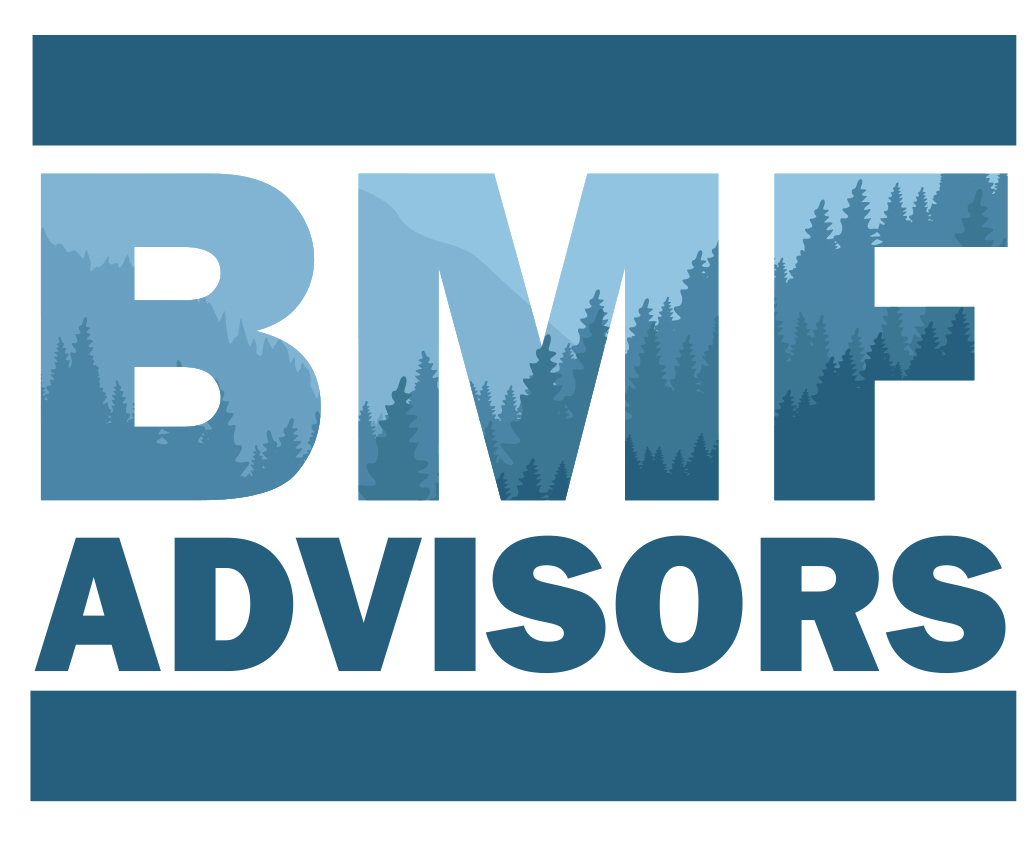If you’re a small business owner, chances are that you’ve had to deal with property leases at some point. Whether it’s for office space or retail frontage, understanding the ins and outs of commercial leasing is essential for any SMB. From negotiating terms to managing ongoing costs, there are plenty of considerations when it comes to property leases.
Lease Agreements
One of the first things to understand when it comes to property leases is the different types of lease agreements. There are two main categories: gross and net leases. A gross lease generally includes both rent and operating expenses, such as utilities or taxes. This type of agreement allows you to know exactly how much your monthly payments will be since all costs are included. On the other hand, a net lease shifts some of these costs to the tenant. This allows for more flexibility in budgeting but can also result in unexpected expenses.
Clauses
When negotiating a property lease, it’s important to understand the different clauses that may be included and how they could impact your business. Common clauses include escalation clauses, which allow rent to increase over time; renewal options, which give you the right to renew your lease; and termination clauses, which specify when and how a lease can be terminated. Knowing these conditions in advance is important for budgeting and planning.
Terms
Another key factor to consider when signing a property lease is the length of the term. In some cases, landlords will offer a lower rate for signing a longer-term lease, as this provides them with more stability and predictability. However, there are risks associated with long-term agreements, such as market changes or unexpected repair costs that can significantly impact your bottom line. As such, it’s important to think carefully before signing a long-term lease and consider whether the benefits outweigh the risks.
End of the Lease
Finally, it’s important to understand what happens when the lease term comes to an end. In some cases, you may be able to negotiate a renewal or extension of your existing agreement. However, if not, you will need to either find a new tenant or negotiate a new lease. It’s important to plan and understand the options available so you can make the best decision for your business.
Property leases are an essential part of running a small business, and by understanding the different types of agreements, clauses, terms, and end-of-term considerations involved, SMBs can make informed decisions and maximize their investments. Reach out to BMF Advisors to get the financing you need to lease property for your business.
